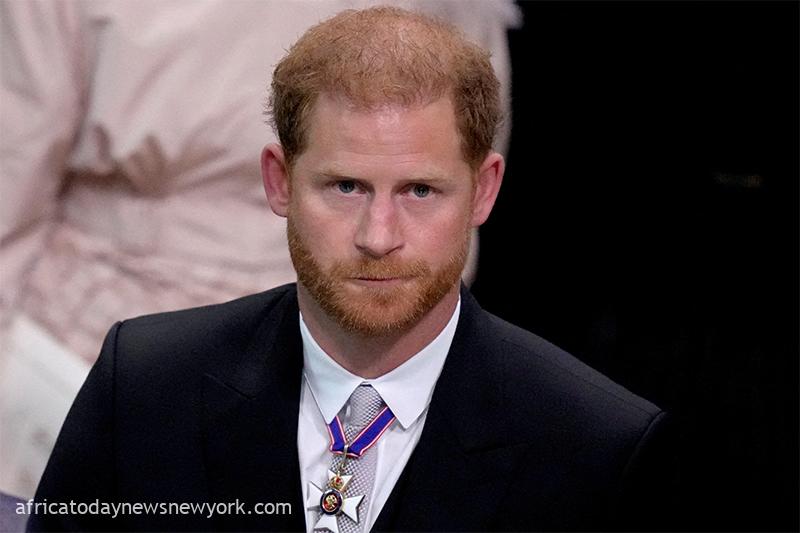King Charles III’s youngest son, Prince Harry pursued legal recourse after the British authorities informed him in 2020 of the reduction in publicly-funded security measures during his stay in the UK.
Judge Peter Lane of the High Court, in a 52-page ruling, affirmed the legality of the “tailor-made procedure” crafted for him by a committee operating under the jurisdiction of the Ministry of the Interior.
A legal spokesperson representing Harry conveyed their commitment to seeking justice through an appeal to the Court of Appeal at that juncture.
Contrary to expectations, a judicial spokesperson announced on Monday that Harry’s initial attempt to appeal the decision had been unsuccessful.
The prince, alternatively referred to as the Duke of Sussex, made headlines by making a dramatic move to North America alongside his wife Meghan in 2020, ultimately establishing their residence in California, USA. Consequently, he no longer holds the status of a working member of the royal family.
The High Court ruled in February that the UK government had acted lawfully.
Harry told a hearing at London’s High Court in December that security concerns were preventing visits back to Britain.
“The UK is my home. The UK is central to the heritage of my children,” he said in a written statement read out by his lawyers.
“That cannot happen if it’s not possible to keep them safe.
“I cannot put my wife in danger like that and, given my experiences in life, I am reluctant to unnecessarily put myself in harm’s way too.”
Read also: UK Reacts To Iran’s Attack Against Israel, Takes Position
Harry’s mother Princess Diana was killed in a high-speed car crash in Paris in 1997 as she tried to escape paparazzi photographers.
However, lawyers for the government rejected claims that he was “singled out” and treated “less favourably” or that a proper risk analysis was not carried out.
Last May, a judge similarly supported the government’s stance in denying him the opportunity to personally fund specialized security from British law enforcement.
Back then, the interior ministry asserted that it was deemed “unsuitable” for wealthy individuals to “acquire” protective security, especially since taxpayer-funded protection was not considered in the public’s best interest.
Among the array of lawsuits Harry has brought forth in Britain in recent years, the legal battle concerning his personal security stands out, with a primary focus on alleged phone hacking perpetrated by newspapers.
At the start of this month, he resolved a longstanding legal matter against Mirror Group Newspapers (MGN).
The prince is also pursuing legal recourse against the publisher of the Daily Mail. Moreover, he and actor Hugh Grant are also engaged in litigation against News Group Newspapers, a component of Rupert Murdoch’s expansive media conglomerate.

